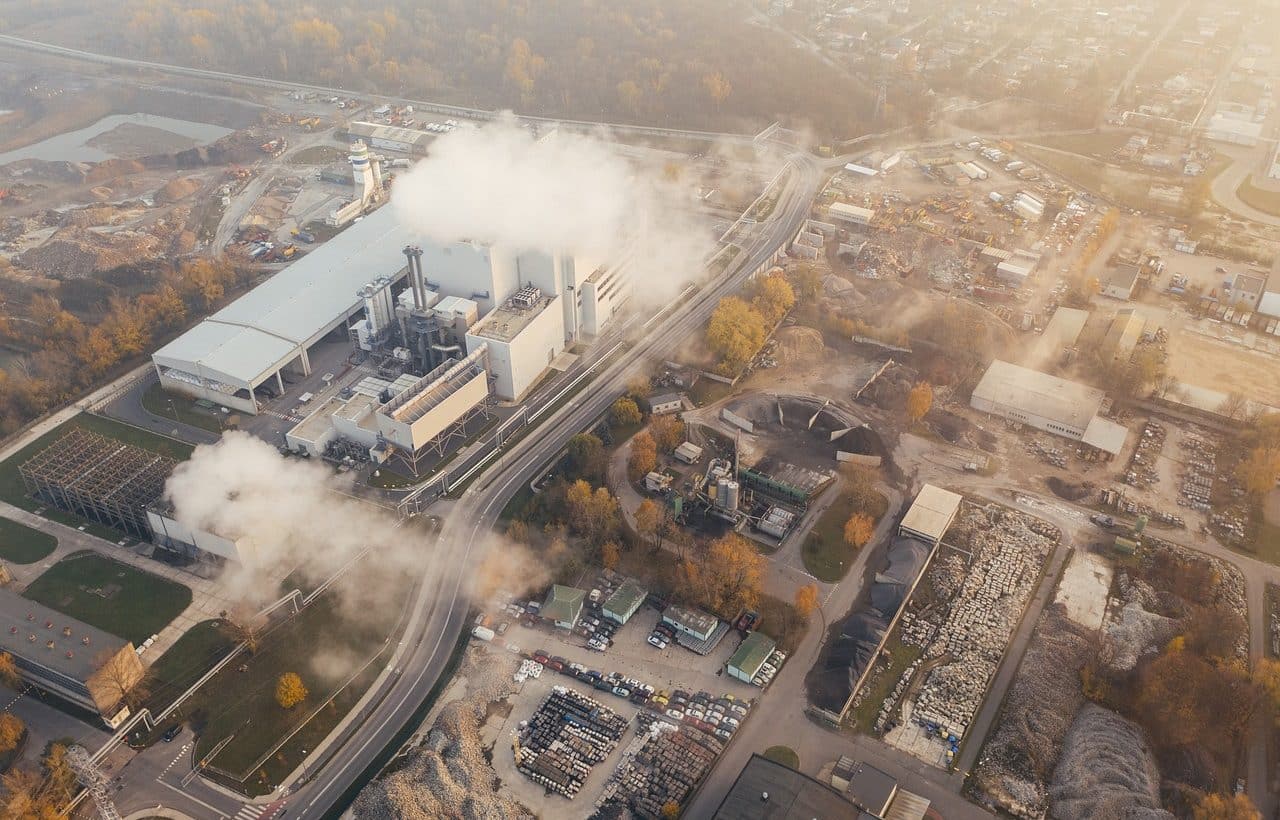
Innovations in clean technology contribute to a reduction in pollution.
A clean technology is one that contributes to a reduction in environmental impact . The concept refers to devices, services and processes that improve the sustainability of resources and contribute to greater energy efficiency.
It should be noted that the idea of technology refers to the set of techniques and postulates that make possible the practical use of the knowledge generated by science. Clean , meanwhile, is an adjective with several uses: in this case we are interested in its meaning as that which does not have elements or characteristics that cause harm.
What is clean technology
A clean technology allows us to satisfy a need without harming the environment , or minimizing the damage compared to other practices or modalities that are developed or applied to meet the same objective. It can be said, in a broad sense, that clean technologies reduce the carbon footprint and help mitigate climate change associated with global warming .
What clean technology does, in short, promote an advance in efficiency , productivity or operational performance while reducing pollution , whether by minimizing energy consumption, waste generation or polluting emissions. Although their drive is usually associated with awareness about the importance of caring for the planet, these technologies often also reduce costs, so their use may have a strictly economic or financial logic.

Clean technology allows the use of sustainable materials for the creation of green infrastructure.
Application areas
Clean technologies can originate and be applied in multiple sectors. They are generally associated with energy because, in recent decades, the need to achieve a reduction in the emission of greenhouse gases (GHG) has increased.
Solar energy , wind energy and ocean energy , in this framework, are often directly linked to clean technology. In any case, it must be considered that the manufacture and installation of solar panels or wind farms can have negative environmental effects. What is undoubtedly true is that the energy from the seas, the wind and the sun is renewable energy : it does not run out, unlike what happens with energy that comes from fossil fuels such as oil, natural gas and coal.
Clean technologies are present in lithium-ion batteries used in electric cars, for example. Also in the use of biofuels such as biodiesel or bioethanol . Regarding energy, in turn, they are related to LED lighting and low consumption light bulbs, among other items.
These technologies also enable better waste management . The promotion of recycling and the use of recyclable materials falls within this line.
In the hydraulic sector, on the other hand, clean technology contributes to water conservation , a key factor for sustainable development.

Achieving a reduction in polluting emissions is one of the objectives of clean technology.
Clean technology boost
The promotion of clean technology requires the intervention of the State . Governments must have environmental management programs and a strong green energy policy that bears fruit in environmental protection.
Through investments in clean technology, emissions regulations and carbon taxes, for example, the State is in a position to lead the way. By providing assistance to companies, you can also cooperate with the necessary change and promote adaptation.
State authorities can also influence through awareness campaigns. It is key that citizens, in their role as consumers and users, take into account the ecological consequences of their decisions and habits.
Its advantages and disadvantages
The main advantages of clean technology have to do with sustainable development and environmental protection . From these qualities, countless benefits emerge in all areas and in the short, medium and long term.
When it is produced and consumed without damaging the environment, the chances of these actions being sustained over time without affecting the well-being of people and other living beings increase. To this we must add the importance of green technologies in waste management .
Although it does not seem sensible that these issues present any type of disadvantage, it can be indicated that the adoption of clean technologies can cause an increase in production costs , especially in the first stage. On a financial level, therefore, it can be understood that these processes present a point against them.
It cannot fail to be mentioned, however, that this increase in costs usually occurs at the beginning. It is common that, once the clean technology is incorporated or the innovative process is launched, an optimization of production or performance is usually achieved, resulting in savings . Therefore, even the supposed financial disadvantage of promoting these technologies can be reversed over time.
